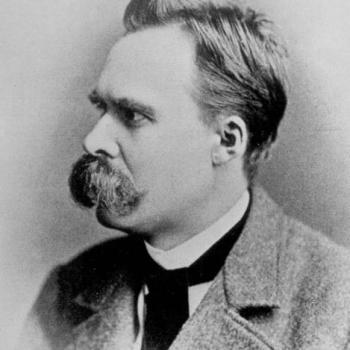Banks being punished for their part in the mortgage bubble disaster must pay restitution to the tune of, in some cases, billions of dollars. But the obligation may be satisfied, in part, by contributing to Democratic-leaning advocacy organizations.
That money could go into the U. S. Treasury, but instead it goes to favored private agencies. Congress is considering a bill that would stop this practice. After the jump, George Will explains the important constitutional issues at stake.
From George Will, A ‘slush fund’ by any other name – Tulsa World:
The Justice Department has negotiated “bank settlement agreements” whereby banks make restitution to the government for the damage they allegedly did in connection with the creation and sale of residential mortgage-backed securities in the subprime mortgage crisis. Our subject here is not, however, whether the sums extracted from the banks (e.g., Citigroup $7 billion, Bank of America $16.65 billion, JPMorgan $13 billion) are proportionate to their alleged culpabilities. Rather, our subject is what Justice does with millions of these dollars.
Justice allows banks to meet some of their settlement obligations by directing “donations” to various nongovernmental advocacy organizations that serve Democratic constituencies and objectives — organizations that were neither parties to the case nor victims of the banks’ behaviors. These donations are from money owed to the government, money that otherwise would go to the U.S. Treasury, money the disposition of which is properly Congress’ responsibility.
So the donations are, in effect, appropriations of public money. The pesky Constitution, however, says: “No money shall be drawn from the Treasury, but in consequence of appropriations made by law.” As a congressman allied with Grover Cleveland once said to a fellow legislator who considered one of his initiatives unconstitutional, “What’s the Constitution between friends?”
Progressives, who favor expansive notions of executive discretion, and hence the marginalization of Congress, regard the “donations” as just another anodyne manifestation of inherent presidential discretion in enforcing laws. At a May congressional hearing, three constitutional scholars — Georgetown University law professor Nicholas Quinn Rosenkranz, The Heritage Foundation’s Paul Larkin, and Boyden Gray, White House counsel to George H.W. Bush — disagreed.
[Keep reading. . .]














